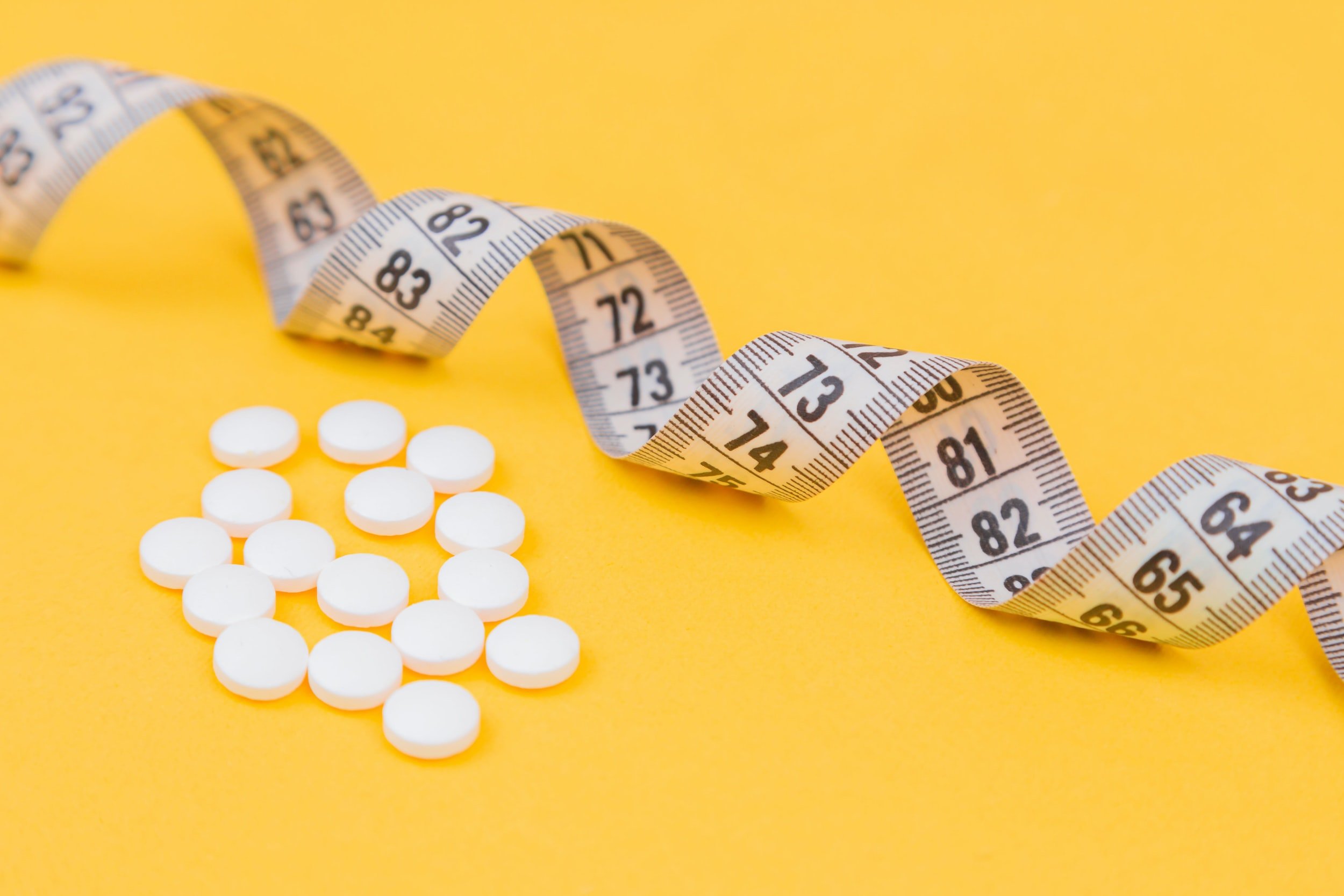Type 2 diabetes
It can occur at any age. It affects both children and adults.
The cells in our body need sugar to produce energy.
Insulin helps sugar get into the cells from the blood.
Once in the cells, sugar is used to generate energy.
In type 2 diabetes, the cells could either fail to respond to insulin or there maybe a reduced amount of insulin available . This results in a high blood sugar level as the sugar piles up in the blood .
Type 2 diabetes is the commonest form of diabetes.
What increases your chance of having type 2 diabetes?
These include
obesity
lack of exercise/being inactive
unhealthy diets
excess alcohol
medications like some psychiatry medications, steroids, some HIV medications, some transplant medications
strong family history of diabetes in a close relative-sibling or child
diabetes in pregnancy

Symptoms of diabetes
There is no way of differentiating type 1 and type 2 diabetes without tests.
Below are the common signs of diabetes.
Children
Excessive urination:
This can be in the form of
Increasingly frequent urination or excessively wet diapers in babies
Excessive nighttime urination, bedwetting or passing urine without warning, in a child who was previously able to make it to the toilet
Increasing thirst/excessive thirst
Weight loss
Urine infections
Problems with eye sight
Drowsiness/feeling tired
Vomiting
Dehydration
Diaper rash that takes long to treat or keeps coming back
Adults
Excess thirst
Weight loss
Excess urination
Infections
Problems with eyesight
Confusion
Abdominal pain
Vomiting
Feeling tired.
Confirming diabetes
This is done by
b) Option 1
Your doctor may ask you to have your sugar checked first thing when you wake up before you have eaten anything. (You should have not eaten for at least 8 hours)
(If it is over 7, you're may have diabetes.)
or
c)Option 2
Your doctor may ask for a blood test called HbA1C.
(It is a blood test that can predict how your sugars have been for the past 3 months even before you were feeling unwell).
(If it is more than 6.5% then it is suggestive of diabetes)
It works because diabetes does not develop in a day. It develops slowly over time before we experience or realize the symptoms and there are markers in the blood that can can be used to estimate the blood sugar in the past 3 months.
Type 2 diabetes is managed with a combination of a healthy lifestyle, tablets and in some cases injected anti diabetes medicines like insulin. Other options to manage diabetes include surgery.

What blood sugar levels should you aim for?
You don’t require to check your sugars regularly if you are on tablets for your diabetes.
You may require to monitor your blood sugar level;
If you are unwell
If you are taking insulin
If you have frequent low sugars
If you prefer to monitor them
These are the recommended blood sugar level targets that most people living with diabetes should aim for:
Before breakfast/before eating any meal of the day- blood sugar level between 5 and 8
Three monthly test ( called Hba1c) around 7%
Blood sugars after meals -around 10
Before driving or exercise -at least above 5
The doctor may be more strict about your blood sugar level target if you are younger, to avoid diabetes related health complications.

Diabetes medications
When to start medication
For patients with new diabetes that is not too far above medically recommended blood sugar levels the doctor may recommend a trial of 3 months of dedicated effort towards a healthy lifestyle. This may include exercise and a regulated diet. If after 3 months your blood sugar is not well managed, you may need to start taking medication.
For most patients, medication will be started immediately.

What does your doctor think about when prescribing your diabetes medicines?
Weight loss-there are some diabetes medicines that can help you loose weight, like metformin while others may make you gain weight, like insulin.
Your other medical conditions-Some diabetes medicines have been shown to not only help treat your diabetes, but also have the benefit of reducing your chances of getting admitted with heart failure if you already have heart problems. Some medications help to lower your blood pressure, prevent heart attacks and protect your kidneys if you already have kidney disease.
Cost- Some newer medications are more expensive. The newer medications may come with more convenience such as a once a day injection or a once a week injection in place of taking tablets two or three times daily. Newer tablets may also have less side effects such as less chances of a low blood sugar.
How far you are from medically recommended blood sugar targets -Your HbA1c test(also called a 3 monthly test) gives a summary of how your sugars have been for the past 3 months before the blood test. If your hbA1c is very far above the target (7%) the doctor may start you on insulin or another diabetic medication.
How often you get low blood sugar levels: People who already get low blood sugars may not be candidates for certain medicines. Medicines that make the body produce more insulin can cause low blood sugar levels. Your doctor will have to think of this when choosing medication.

Common diabetes medications
Highlighted are common diabetes medications. In brackets are the company names they are known by.
-
It is the commonest medicine given for type 2 diabetes.
How does it work?
It prevents the body from producing sugar from its stores in the liver and reduces the absorption of sugar in the intestine into the blood
Benefit
Helps to control blood sugar
Helps to control weight gain
Does not usually cause low blood sugar
Side effect
Most people will experience bloating, diarrhoea and abdominal discomfort when starting metformin.
This may improve after some time.
Who should not use metformin/use it with caution?
When you are critically sick and dehydrated
Have very poor kidney function
Severe heart disease
Drink excess alcohol
Before surgery
-
How do they work?
They stimulate the pancreas to produce more insulin.
Advantages
They are cheap.
Side effect
They can cause low blood sugar
They can cause weight gain
Who should use it with caution?
Anyone with liver disease
Anyone with kidney disease or elderly (over 65)
It should not be used if having dialysis
-
Benefits
It helps with better control over your blood sugar levels.
Flexible use. You can adjust it to match your meals and activity.
It can be used when critically unwell.
Side effects
It can cause weight gain.
It can cause low blood sugar.
You need to check your sugars when taking it.
It can be expensive.
You have to learn to inject the insulin.
-
How does it work?
It causes the release of excess sugar from your blood into the urine.
Benefits
It reduces the chance of the worsening of kidney disease in people with and without diabetes.
It reduces the chance of death from heart attacks and worsening heart disease.
It reduces blood pressure.
It causes some weight loss and does not cause low blood sugar levels.
Side effects
Can cause urine infections and yeast infections(white discharge) in the genitals.
It can cause dehydration.
It can cause harm if used while fasting.
Some types of medicine in the group can raise the chance of amputations of the legs.
-
They may come as a combination with metformin.
How do they work?
They promote production of insulin after you eat.
Advantages
Don’t cause weight gain
Don’t cause low blood sugar
Side effects
Some may affect heart function
May cause inflammation of the pancreas
May cause runny nose and sore throat (cold symptoms)
May affect the liver
-
How does it work?
It promotes the production of insulin in the body after a meal and it slows down digestion.
Benefits
Convenient use-some medications are taken as a once a week injection or once a day injection.
Some have benefits in reducing the chance of heart disease, stroke and worsening kidney disease.
It helps with weight loss. It is estimated up to 2-6 kg can be lost in a year.
It does not cause low blood sugar level.
Side effects
May need care in people with severe kidney disease.
May cause inflammation of the pancreas.
May cause bloating and diarrhoea and vomiting.
Should avoid in severe stomach pain.
They are expensive.
-
How do they work?
They improve the way the body responds to insulin.
Benefits
They don’t cause low blood sugar levels.
Side effects
They cause weight gain by causing fluid to accumulate in the body.(This can cause swollen legs)
They can worsen heart problems and cause fractures.
There is a chance of causing cancer like bladder cancer.
When might you need insulin for your type 2 diabetes?
You are vomiting and unable to keep any tablets down.
You are fasting for a long time before major surgery.
You are first diagnosed with diabetes and your blood sugar level is very high.
You are critically unwell.
Your blood sugar level is poorly controlled despite taking several anti diabetic tablets.
Before confirming whether you have type 1 or type 2 diabetes.
Pregnancy
Can you get to a point and not require diabetes medication any more?
Most people will have to take medications for the rest of their lives to control diabetes.
2 ways that someone may no longer require diabetic medication are:
if they lose significant weight and maintain a low body weight-losing weight can increase the body’s response to insulin and result in normal blood sugar levels. Losing 5-10 percent of your body weight initially is a good target.
bariatric surgery-a surgery that reduces the amount of food your stomach can hold and this indirectly leads to weight loss after some time.

What is the harm of very low blood sugar levels?
Very low blood sugar levels CAN KILL.
It can lead to sudden unexpected death.
It is a blood sugar level less than 4.
It triggers symptoms in the body like
sweating
feeling the heart racing
feeling weak and tired
confusion
passing out
Some people do not experience warning signs of low blood sugar and may need to monitor their blood sugar levels more.
What are the causes of low blood sugar levels?
Excess insulin
Excess exercise
Skipping meals
Drinking excess alcohol
Delaying meals
Who can experience low blood sugar without any warning?
Those who use insulin
Those who drink plenty of alcohol
Those who have had diabetes for a long time

How to treat low blood sugar
Eat a table spoon of honey
Eat a table spoon of sugar
Drink a half a cup of juice
Eat hard sweets
Or give a glucagon injection
Other forms of sugar may time to work. The above options raise the blood sugar levels quickly.
Call an ambulance if the blood sugar level remains low or if you don’t have glucagon and the person with low sugars is unconscious or passed out and so can’t eat or drink.

How much exercise is medically recommended?
Exercise for at least 30minutes, on 5 days in the week is recommended. It can include brisk walking(quick walking that increases your heart rate), or aerobics or weight lifting/resistance exercise. Exercise is good for blood sugar control whether or not it is accompanied by weight loss. Exercise to maintain a healthy body weight is also beneficial.
Bariatric surgery/weight loss surgery
It is surgery that reduces the amount of food your stomach can hold. Through this mechanism, it indirectly leads to weight loss.
It is recommended for
a)anyone who is obese with a BMI over 40
b)anyone with diabetes and a BMI between 35 and 39
It can be considered if you have diabetes that is hard to control and a BMI of 30-34
*BMI is calculated by dividing your weight in kilograms by your height in meters squared(Weight in kilograms/height in meters x height in meters)
What the doctor may need to consider before offering you bariatric surgery
The doctor may need to carefully assess the following conditions before offering you surgery
any eating disorders
any heart or lung diseases
bleeding problems
alcohol/drug use
mental illness
ability to take supplements as required
ensure your diabetes is well controlled

How can you prepare for surgery?
-
Trying to loose weight by exercising and diet at least 3 months before can help to prevent complications and also make the operation simpler to perform.
-
Quitting alcohol helps to prevent complications during and after surgery.
-
Quitting any form of smoking (cigarettes or marijuana) at least 4-6 weeks before surgery reduces chances of complications and death after surgery.
-
Keeping your sugars well controlled helps to reduce the chance of complications during and after your operation.

Weight loss surgery can fail to be successful if it is not accompanied by healthy lifestyle adjustments.
If diabetes is not well controlled after having surgery you will need to start taking medications again.






